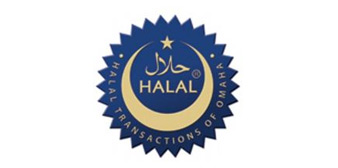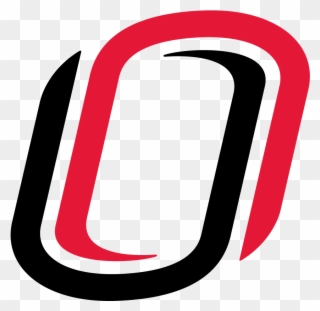


Halal transactions of omaha update#
Muslim Eater has since published an update to clarify these concerns based on information provided directly from HTO and its Shari‘ah Board. Some readers questioned HTO’s standards, based on the information presented in the initial article published on Muslim Eater. However, there has also been some concern about the Halal criteria by which HTO certifies Creekstone Farms beef. Several callers mentioned they have avoided eating meat in restaurants for years and that this discovery was great news because it meant they could enjoy restaurant dining again. Many wanted to know where they could find it.

and abroadĪfter the news spread, Halal Transactions of Omaha (HTO), the Halal certifier of Creekstone Farms beef, received numerous phone calls and emails from Muslim consumers inquiring about Creekstone Halal beef. The idea that such high quality beef was available as Halal resonated positively with thousands of Muslims in the U.S. The news, released by the website Muslim Eater, went viral in the Muslim community. Creekstone Farms is based out of Arkansas City, Kansas, and is known for producing some of the best quality beef in America. "And we won't stop, because these occasional insults from the United States toward Mexico have opened our eyes.Thousands of American Muslims recently expressed excitement at the news that Creekstone Farms Prime Beef, being served at top restaurants throughout America, is certified Halal. "We're on the path of diversification," Mexican Agriculture Minister Jose Calzada recently told reporters. Top exporters Brazil, India and Australia each export over 1.1 million tons. Mexico's herd hit a record 31 million animals in 2015 and totaled 30.8 million in 2016, producing 1.8 million tons and exports of 323,000 tons. Russia is considering buying large volumes of Mexican beef, and Mexico is also seeking to expand shipments to existing buyers like Japan and South Korea. He said Mexico can do so in the next five years. He added that Mexico should limit beef exports to the United States to a maximum of half the overall flow. "It was our big strength until President Donald arrived, and now it's our major weakness," said Bosco de la Vega, president of Mexico's state farm council. That has put Mexican packers in a strong position to diversify away from the US market. Mexico's beef industry is able to grow its export markets due to a successful push to meet exacting US standards and modernize the sector over the past two decades. Sales to Muslim countries would take a bite out of the market share for halal meat held by beef packers from the United States and Brazil, according to industry and trade sources. Plants must be certified as halal compliant by third-party companies such as US-based Halal Transactions of Omaha or United Arab Emirates-based RACS.Įarlier this year, Indonesia, the world's most populous Muslim country, expressed interest in buying Mexican beef for the first time, although no deals have yet been cut. "They left with a very good taste in their mouths regarding Mexican production systems," he said. Inspectors from the United Arab Emirates will visit Mexico by June, after Saudi inspectors were in Mexico in March, he said. Mexico's cattle growers' association sent a trade mission to Dubai and Qatar in late February to meet potential buyers, said Rogelio Perez, AMEG's top trade official

The plant is the company's first halal-certified facility and earlier this year began its first-ever shipments to Muslim markets. "There's an opportunity in these Middle Eastern countries," said Vizcarra, who is known in Mexico as the King of Beef and has boasted of being born in a slaughterhouse.Īt SuKarne's sprawling Monarca plant, located 435 kilometers west of the Mexican capital in Michoacan state, more than 150,000 cows leisurely pick at row after row of grain channels in dusty feed lots. "We have to seek out more markets," he said in an interview, pointing to near-term targets in Egypt, the United Arab Emirates, Qatar and Lebanon.


 0 kommentar(er)
0 kommentar(er)
